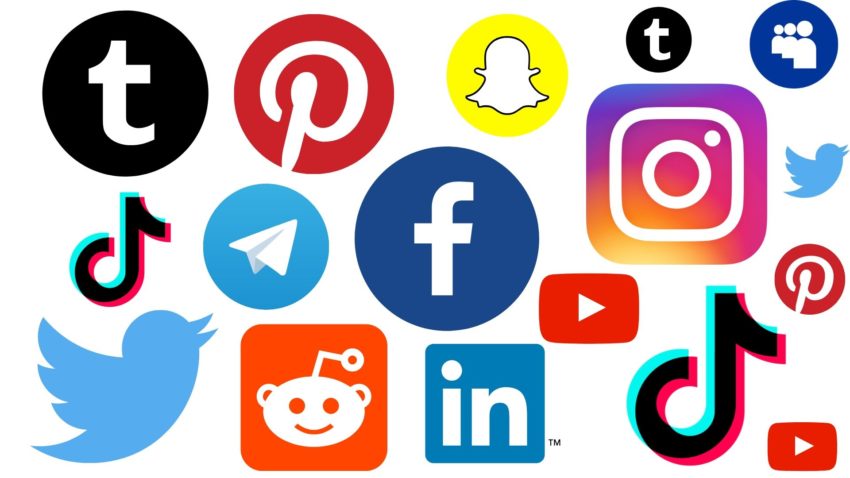By Chloe McGeehan, staff writer
Social Media has never been more prevalent than after quarantine, with River Hill students regularly scrolling, posting, and messaging others within virtual platforms, increasing their risk of receiving dangerous content or sharing personal information on a not so personal site.
Technology regulation, especially to protect youth, is one of the few bipartisan topics out there with the US Senate convening on multiple instances this October to challenge executives from Snapchat, TikTok and YouTube about their algorithms, safety measures, and efforts to protect youth mental health.
Eleventh grader Nobhodaman De adds, “In terms of Social Media we all have access to all sorts of ‘things,’” but it’s not just access–algorithms with social media platforms bring the information to you whether you want it or not. As part of a test Facebook researchers created an account for a fictional Carol Smith, a 41-year-old conservative mother from North Carolina, and within days Carol was recommended pages related to QAnon, a far-right conspiracy theory and movement responsible for the Capital riot earlier this year.
On staying safe on social media De identifies, “Generally as we were taught in school we try to make sure who it’s by and if it’s credible.” Students rely on River Hill’s teachers to integrate technology conscious lessons within the curriculum, like Senora Stern who spent a week discussing with her Spanish 4 class the risks and dangers of social media.
Eleventh graders Brooke Fox and Allie Burns also touched on the negative impacts social media can have on students. Burns elaborates, “it has become a habit to use photoshop and editing on posts,” making the media’s perfect body that much more unattainable. In regards to false information Fox mentions, “people often report stories without checking to see if they are correct,” which Burns responds “false information is just so easy to spread around.”
It’s safe to say that social media platforms are not safe. Yes, they can be used to connect with friends, but they also are built upon algorithms that do not protect youth from illicit material, scams, false information, or predators! So be careful and maybe delete Instagram.

